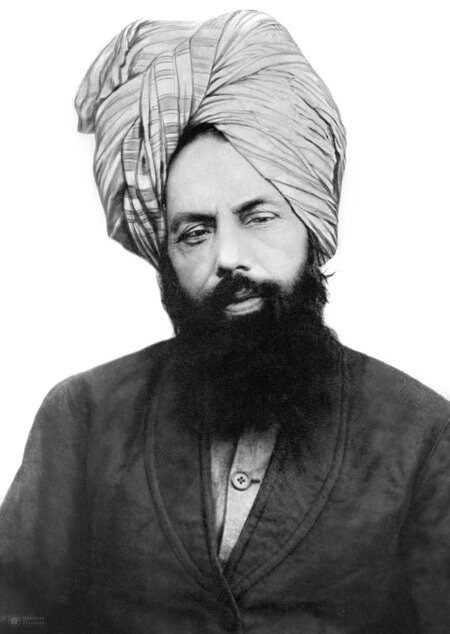
Repentance, in actuality, truly enables and reinforces the acquisition of good morals and makes a person complete. In other words, a person who desires a change in their immoral habits must first repent with a true heart and firm resolve. It ought to be borne in mind also that there are three conditions for repentance, without fulfilment of which true repentance cannot be achieved.
The first of these three conditions is referred to as iqla in the Arabic language. That is to say, the discarding of one’s evil thoughts, which arouse evil propensities.
The fact of the matter is that one’s ideas bear a very heavy influence. For every action takes on a form in our minds before it is manifested in the realm of deeds.
Hence, the first condition for repentance is to abandon one’s evil thoughts and ill fancies. For example, if a person has an illicit relationship with a woman, in order to repent, it is necessary for him to conceive of her as ugly and call to mind all her ignoble qualities.
As I have said, the effect of one’s thoughts are very powerful indeed. I have read in the accounts of various sufis that they were able to carry their thoughts to such a degree that they were able to see a human being in the form of an ape or a pig.
In short, everything takes on a hue that is consistent with our own thoughts. Therefore, those thoughts which arouse evil pleasures must be uprooted. This is the first condition.
The second condition is known as nadam in Arabic. In other words, to feel regret and remorse. Everyone’s conscience is powerful enough to admonish a person when they commit an evil, but an ill-natured person neglects this conscience.
Hence, a sinner must show remorse when he commits a sin or an evil action, and he should realise that the pleasures he derives are temporary and will last for a short span of time. He should also consider that on every instance there is a decrease in his pleasure and enjoyment. Ultimately, in old age when the faculties become weak and ineffectual, all of these pleasures of the world will have to be relinquished.
Now, when all of these pleasures will ultimately escape us in this very life, then what is to be gained by indulging in them now? Truly fortunate is the one who turns to repentance, and whose attention is turned towards discarding and uprooting all of their evil thoughts and fancies. When an individual is purged of this filth and impurity, they must be remorseful and feel ashamed for what they have done.
The third condition is called azm in Arabic. In other words, this means to make a firm resolve to never revert to these vices in the future. When a person remains firm in this resolve, Allah the Exalted shall grant them the strength needed for true repentance, to the extent that they will be wholly cleansed of their sins and good morals and praiseworthy actions will take their place. This is a triumph of morals. It is the work of Allah Almighty to grant a person strength and ability in this regard, because it is He alone who is the Master of all strengths and faculties. God Almighty states:
اَنَّ الۡقُوَّۃَ لِلّٰہِ جَمِیۡعًا
“All power belongs to Allah.”
All of our faculties are to be exerted in the way of Allah Almighty, for man is frail and weak. His reality is expounded in the following verse:
خُلِقَ الۡاِنۡسَانُ ضَعِیۡفًا
“Man has been created weak.”
Therefore, in order to seek strength from God Almighty, if a person follows the three conditions mentioned earlier to the fullest extent and forsakes indolence and sloth, and becomes fully prepared to improve, and prays to God Almighty, then surely, Allah the Exalted will transform their morals.
(Hazrat Mirza Ghulam Ahmadas, Malfuzat, Vol. 1, pp. 135-136)

